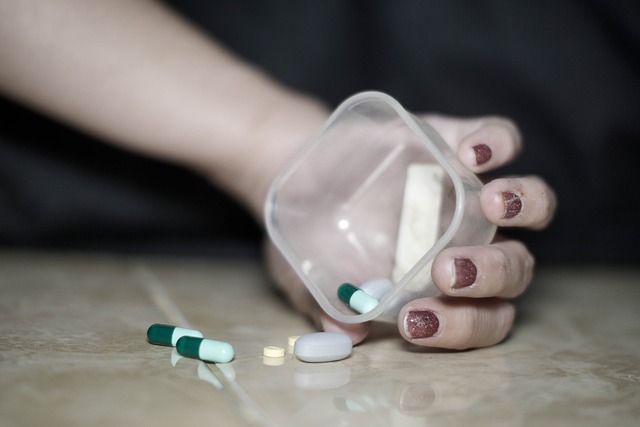How to Overcome Substance Abuse and Addiction

Substance abuse and addiction is a serious issue that affects millions of people. Getting help for substance abuse and addiction can be difficult, but it is possible. In this blog post, we’ll discuss how to overcome substance abuse and addiction and why it’s important to take action.
Outline
- Understanding Substance Abuse and Addiction
- Recognizing the Signs of Addiction
- Getting Help for Substance Abuse and Addiction
- Making Positive Changes in Your Life
Understanding Substance Abuse and Addiction
Substance abuse is the use of drugs or alcohol in a way that can lead to physical, psychological, or social problems. Substance addiction is a physical and psychological dependence on a substance, such as drugs or alcohol. Substance abuse and addiction can have serious consequences, including health problems, legal issues, and financial struggles.
Recognizing the Signs of Addiction
If you’re concerned that you or someone you know may be addicted to a substance, there are certain signs to look for. These include:
- Spending a lot of time using or trying to get the substance
- Cravings or uncontrollable urges to use the substance
- Problems with relationships, work, or school due to substance use
- Engaging in risky behaviors while under the influence of the substance
- Continuing to use the substance despite negative consequences
Getting Help for Substance Abuse and Addiction
It’s important to seek help as soon as possible if you or someone you know is struggling with substance abuse or addiction. Treatment options vary depending on the person’s needs and the severity of the addiction. Some common forms of treatment include:
- Inpatient treatment: This involves staying at a residential treatment center for a period of time and participating in individual or group therapy sessions.
- Outpatient treatment: This involves attending therapy sessions on a regular basis, usually several times a week, but living at home.
- Medication-assisted treatment: This involves taking medications to reduce cravings and withdrawal symptoms.
- Support groups: These are typically free and are a great way to connect with other people who are going through the same struggles.
Making Positive Changes in Your Life
In addition to receiving professional help, making positive changes in your life can also help you overcome substance abuse and addiction. Some examples of positive changes you can make include:
- Developing healthier coping skills: Instead of using drugs or alcohol to cope with stress, find healthy ways to manage your emotions, such as exercise, yoga, or journaling.
- Building a supportive network: Reach out to family and friends who can provide support and understanding as you go through recovery.
- Finding new hobbies: Try to find activities that you enjoy, such as art, music, or sports, which can help keep you busy and distracted from cravings.
- Staying away from triggers: Avoid people, places, or things that can trigger cravings or exacerbate your addiction.
Conclusion
Substance abuse and addiction is a serious issue that can have devastating consequences. But, with professional help and positive lifestyle changes, it’s possible to overcome substance abuse and addiction. If you or someone you know is struggling with substance abuse or addiction, take action and seek help as soon as possible.


